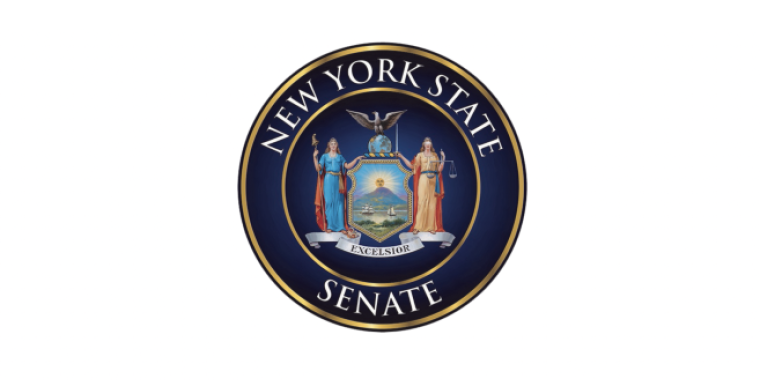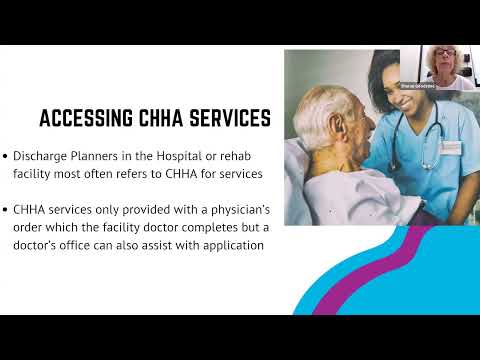
Testimony Before The Liberty Development Corporation Regarding The Goldman Sachs Liberty Bond Application on September 7, 2005
Liz Krueger
July 12, 2010
Good evening. My name is Liz Krueger, and I represent the 26th State Senatorial District, which includes Midtown and the East Side in Manhattan. I recognize the importance of moving forward with the rebuilding process in Lower Manhattan, as well as the vital role that Goldman Sachs should play in that rebuilding. However, I am concerned that the State does not always carefully evaluate the economic value of incentive packages such as this, and will therefore use this testimony to raise some concerns I have about our State’s economic development policy generally, as well as about specific aspects of the Goldman Sachs package.
It is clear that a central assumption of our state economic development policy as implemented through the Empire State Development Corporation (ESDC) and its subsidiaries is that tax incentives, loan guarantees and grants to corporations are essential to attracting and retaining business in New York State. While there are no doubt occasions where this holds true, the evidence is also clear that public subsidies have at best an extremely marginal impact on decisions businesses make about locating their facilities. There are many much more important factors including access to an educated, qualified workforce, proximity to markets, transportation infrastructure, affordable housing and city amenities. Of course, the fact that incentives frequently are not necessary to attract businesses does not mean that businesses aren’t happy to receive the extra benefit. As former Chief Executive Officer Paul O’Neill put it in his confirmation hearing to become President Bush’s Secretary of the Treasury, “If you want to give me inducements to do something I’m going to do anyway, I will take it. But good business people do not do things because of inducements.”
The over-subsidization of economic development has real consequences. Lost tax revenue and other subsidies undermine the ability of state and local government to provide the very services that are really essential to creating and retaining jobs. At a time when the courts have declared our schools to be underfunded by billions of dollars, and when our transportation system faces huge long-term deficits, the state can simply not afford to be subsidizing businesses if those subsidies do not lead to new job creation.
The Goldman Sachs application before the board today may well be a case where subsidies are justified, but unfortunately, the two and one-half page evaluation of the project offered to the public does not offer the kinds of information necessary for a full evaluation. It promises creation of 18,649 jobs, but offers no breakdown of those jobs or how that figure was arrived at. It also offers no evaluation of the relative merits of the lower Manhattan site vis-à-vis potential competing sites in terms of workforce issues, access to markets, clusters of related firms, or transportation infrastructure. These kinds of questions should be publicly evaluated before decisions regarding subsidies are made.
Today’s vote is for $1,650,000,000 in Liberty Bonds, for Goldman Sachs, and these bonds represent the least problematic part of the total incentive package, because Liberty Bonds were specifically created to address the rebuilding needs of Lower Manhattan. Unfortunately, it is not clear that the other parts of the incentive package will have any public review process at all. These incentives include an extremely favorable lease agreement with the Battery Park City Authority (BPCA). I am particularly disturbed by this agreement because the BPCA has failed to live up to its original promise to construct affordable housing. It is critical to New York City that we provide adequate housing to maintain an economically diverse workforce, and recent studies indicating the incredible income disparities in Manhattan only highlight the need for low and middle-income housing. It would be extremely unfortunate if the Goldman Sachs lease ends up diverting funding from the building affordable housing our city so desperately needs.
I also have concerns regarding the tax incentives being offered to Goldman Sachs, because these are tied to job creation commitments, and there is little evidence that the state is willing to enforce such agreements. According to the ESDC “Jobs Created and Retained” Report, in over 50% of the 199 instances where subsidy recipients failed to comply with job creation or retention goals, the company faced no sanctions. This unwillingness to hold corporations responsible is a major flaw in our economic development model, which continues to drain resources from the state that could be used to improve our schools, build affordable housing, and improve our transportation infrastructure – providing the real “incentives” that encourage businesses to locate inNew York State. Because of this serious problem with our state economic development policy, I have introduced the Corporate Accountability for Tax Expenditures Act, legislation that would tighten recapture provisions for economic development subsidies.
As the ESDC, the Liberty Development Corporation, and others move forward with our economic development strategy for the future, I hope that there will be increased awareness of the relative insignificance of subsidy packages in creating a favorable environment for growth, and instead focus on ensuring that the state has the financial wherewithal to provide the services and build the infrastructure that can be the true engine of growth for New York State. Thank you for the opportunity to testify.



